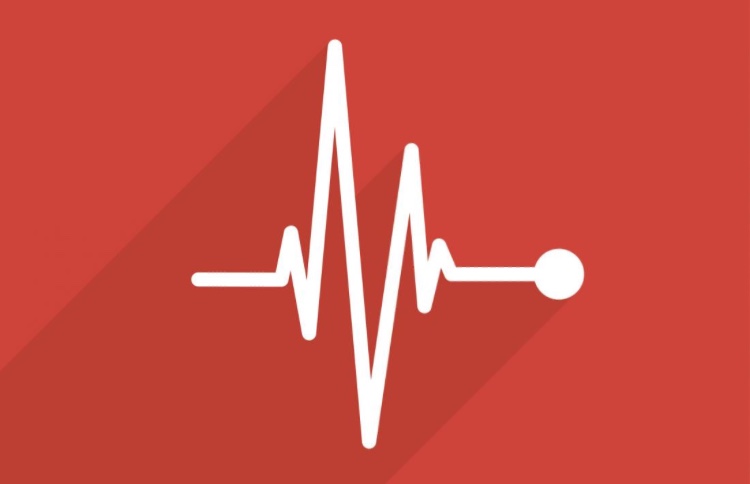The importance of your heart rate for your health
Let’s start by explaining that your heart rate shows the number of times that your heart beats per minute. As you can imagine every person has a different heart rate depending on his/her body size, use of medications, emotional issues, etc.
Now, it’s important for you to know that number because even if you don’t practice a sport regularly, or if you are not an athlete, to track the heart rate could help you to detect possible and developing health issues.
There are normal parameters that you have to consider, and that will help you to improve your health, to lose weight, and even to improve your fitness level.
Here are some essential things you should know:
- Resting Heart Rate: It refers to the number of times that your heart beats per minute while you are at rest, and the best time for you to check it could be as soon as you wake up, and before you get out of bed.
- Normal bpm (beats per minute): For most people, it goes between 60 and 100, while athletes or more active people may have it as low as 40.
- There is a maximum heart rate that you should avoid: It’s 220 minus your age. If you exceed that number, you may hurt yourself.
- If your goal is to lose weight, calculate 50 to 85 percent of the previous number and stay on the higher end. Ex: If you are 40 it would be 220-40=180. 85 percent of 180=153, that’s probably your target rate.
- If the 85 percent is too intense, you can start with a 60 – 70 percent of 220 minus your age as your target rate.
Bottom line, learn about your heart rate, its healthy ranges, and how you could incorporate that information into your fitness routines. As always, talk to your doctor about possible changes in your physical activities, and start following your heart…literally!
